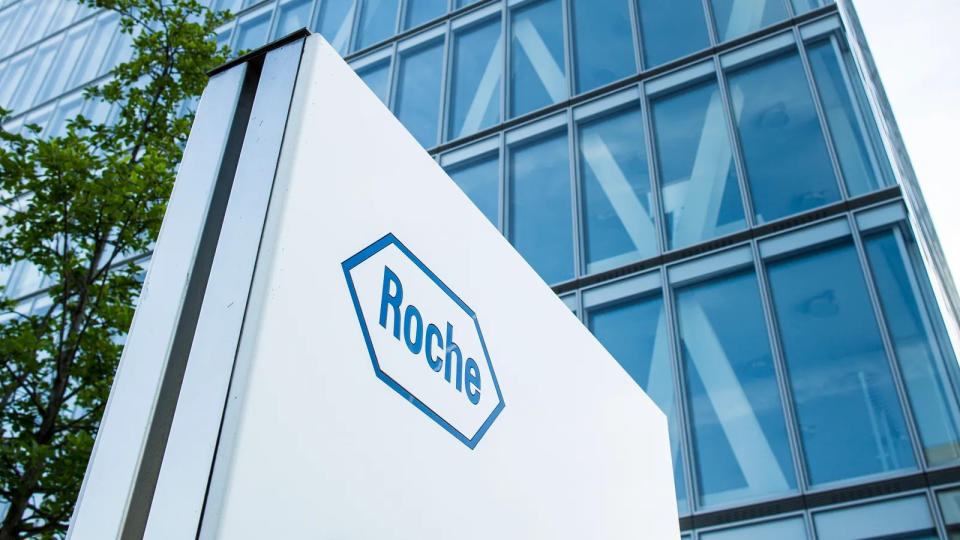Roche turns to a startup in search for new breast cancer drugs

This story was originally published on BioPharma Dive. To receive daily news and insights, subscribe to our free daily BioPharma Dive newsletter.
Recommended Reading
Dive Brief:
Roche on Monday agreed to pay $850 million to acquire two experimental breast cancer drugs being developed by China-based biotechnology startup Regor Therapeutics.
The deal hands Roche two medicines that Regor, in a statement, described as “next-generation” versions of the CDK inhibitors widely used to treat certain breast cancers. One prospect is in early-stage testing already, while the other is ready to begin its first human trials. In a presentation to investors, Roche executives revealed early data showing one of the drugs, RGT-419B, has “durable single agent activity” in people whose cancers have progressed after treatment with CDK drugs like Pfizer’s Ibrance and Eli Lilly’s Verzenio.
Roche is building on a pipeline of breast cancer therapies focused on people whose tumors respond to hormone therapy, but not HER2-targeting medicines like its popular drug Herceptin. One, called inavolisib, could be approved in the U.S. by Nov. 27 for use in a regimen involving Ibrance.
Dive Insight:
Almost three decades ago, Roche’s now-subsidiary Genentech revolutionized breast cancer care. A drug it developed, Herceptin, in 1998 became the first targeted treatment for people with so-called HER2-positive disease, an aggressive tumor associated with poor health outcomes. The outlook for people with HER2 breast cancers has substantially improved since, with the advent of follow-on drugs like Perjeta and Kadcyla, as well as newer medicines.
Roche is now trying to make inroads elsewhere in breast cancer. In addition to inavolisib, the company also has in late-stage trials a type of treatment it hopes to prove superior to a decades-old hormone therapy. And with the Regor deal, it’s added two prospects it’s positioning as successors to so-called CDK 4/6 inhibitors like Ibrance, Verzenio and Novartis’ Kisqali, which are used in multiple breast cancer settings.
Roche sees the drugs as potentially able to sidestep some of the immune, gastrointestinal and cardiovascular side effects associated with CDK blockers. In its presentation Monday, it also noted how RGT-419B acts on a target, CDK2, that tumors use to develop resistance to other therapies. The drug has “best-in-class” potential, Roche claimed.
So far in its Phase 1 trial, Regor has evaluated four dose levels of RGT-419B in people who’ve already progressed on a CDK therapy. According to Roche, the drug shrank tumors in four of 12 patients, two of whom had responses lasting through 35 months. The company intends to start a Phase 2 trial next year testing it alongside hormone therapy.
In addition to the $850 million upfront payment, Regor stands to receive future payouts if the drugs hit certain clinical, regulatory and commercial milestones. Regor will continue to manage ongoing Phase 1 clinical trials, while Roche will take over clinical development, manufacturing and commercialization responsibilities.